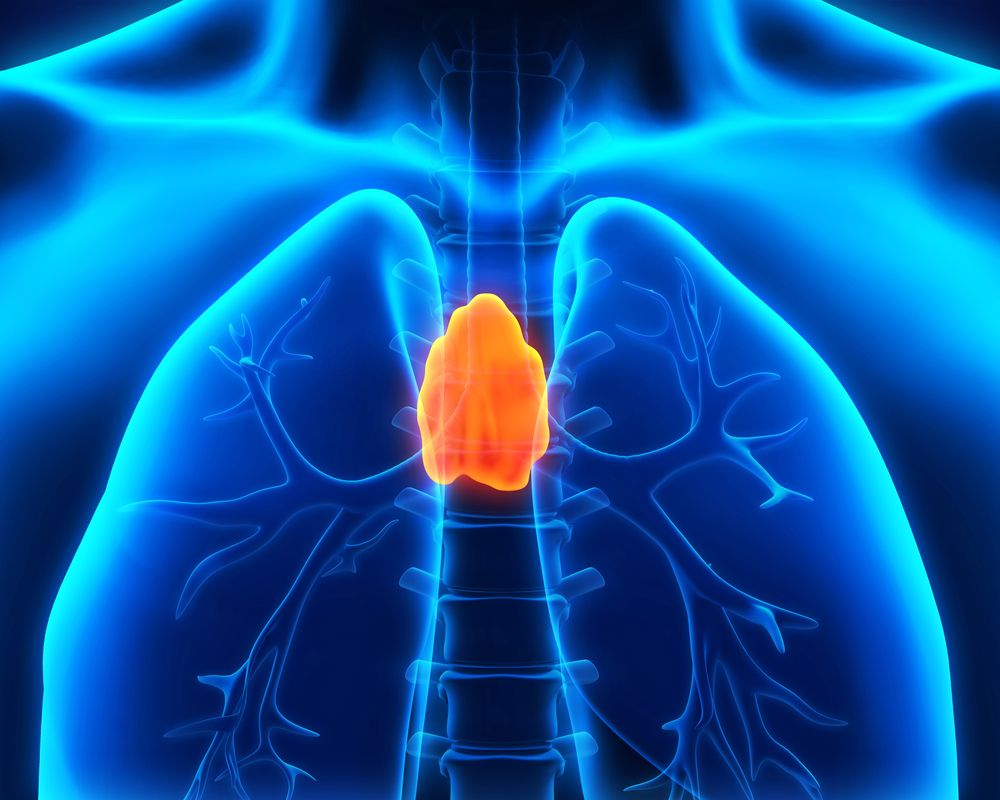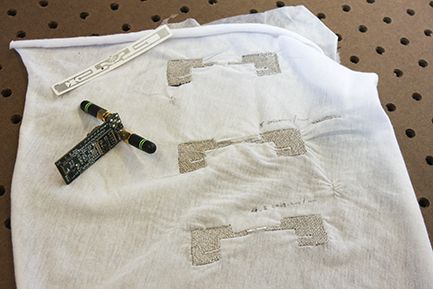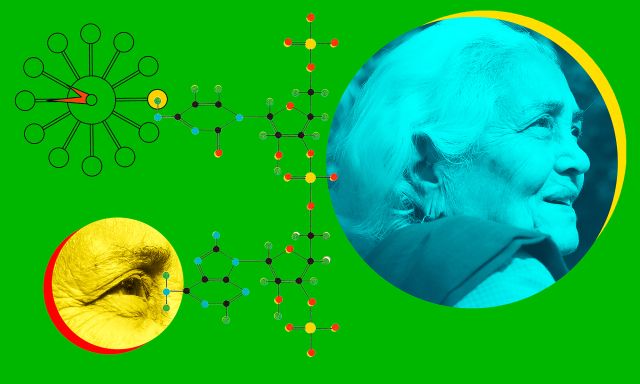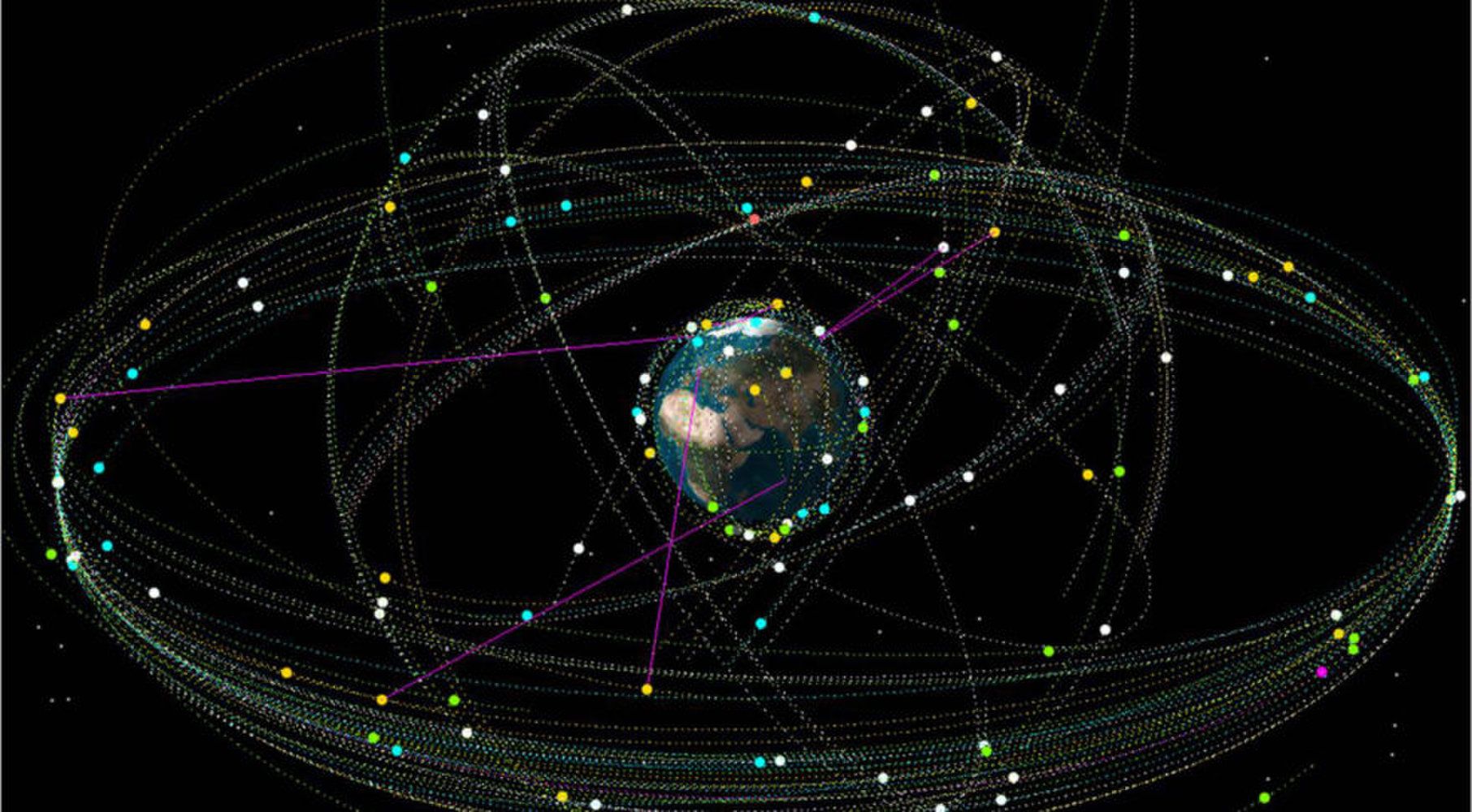Jan 5, 2018
Understanding Why the Thymus Shrinks With Age
Posted by Steve Hill in categories: biotech/medical, life extension
Today, we are going to take a look at a new study in which scientists at the Walter and Eliza Hall Institute of Medical Research have recently identified a type of cell that appears to be implied in thymic involution—the shrinking of the thymus[1].
Thymic involution is somewhat of a mystery in biology, a phenomenon that isn’t fully understood that happens to everyone with age and is a driving cause of immunosenescence, the age-related decline in our immune systems’ ability to fight disease. This new study helps to shed light on why it happens.



















